Farmers have reacted furiously to the proposed capping of suckler cow numbers as part of the new Suckler Carbon Effeciency Programme.
The scheme was announced last week as part of the Government’s CAP strategic plan consultation document. It merges the Beef Data and Genomics Programme (BDGP) and the Beef Environmental Efficiency Programme, along with other measures around forage quality and faecal sampling.
A historical reference number of suckler cows will determine the level of payment a suckler farmer gets.
Payment rates haven’t been decided yet but it is thought they will be somewhere between €200-€300/cow.
Farmers will also have to join the Bord Bia Beef and Lamb Quality Assurance Scheme to be eligible.
Conditions
One of the conditions of the scheme is if, for any reason, you have a lower number of cows during the five-year contract, your reference number will drop to this lower figure for the remainder of the contract.
The sting in the tail is the limit on a farmer’s ability to increase suckler cow numbers during the scheme.
At the online ?CAP town hall meeting held on Tuesday night to brief farmers on the proposed changes, the Department of Agriculture defended the proposals.
It said the scheme was fundamentally an environmental measure and suckler farmers were being asked to cap their numbers to reduce greenhouse gas emissions from livestock.
Farm organisations have been critical of the proposals.
The CAP consultative committee, which includes the main farm organisations, was briefed on the outline of the programme at 2pm on Friday 30 July having received a copy of the proposals less than an hour beforehand.
At the previous meeting of the committee on 21 May there was indication that a herd cap would be part of the scheme and it’s still unclear at what level in Government the decision was made to insert the capping clause.
IFA livestock chair Brendan Golden said: “The Minister for Agriculture must clarify his intentions for the Irish suckler herd. While farmers will understand the concept of a reference year, any suggestion that farmers would suffer a penalty on their payments for existing cows if they increase numbers would be unprecedented and unacceptable.”
Dairy expansion
ICSA suckler chair Ger O’Brien also expressed anger at the proposed cap: “We see a substantial increase in the number of dairy herds growing into hundreds of cows. It is unacceptable that the problem of dairy expansion would lead to punishing suckler farmers, when the average suckler herd is less than 20 cows and suckler herds of more than 100 cows are almost unheard of.”
The Irish Beef and Lamb Association also expressed discontent at the proposals, saying it had requested a detailed explanation on the rationale behind the proposals to cap the suckler herd, who proposed it and who agreed to it.
The Beef Plan Movement’s Emmanuel O’Dea said: “The Beef Plan Movement will in no way, shape or form accept a cull or cap on the suckler herd when all other sectors are to be allowed continue unfettered?.”
Crude and unfair proposal is a missed opportunity
Financially suckler farmers have no choice but to apply for this support.
The Department of Agriculture will argue that the programme is voluntary but the reality is that there are 550,000 of the country’s suckler cows participating in BDGP and over 650,000 suckler cows in BEEP. That equates to 70% of the national herd in this programme.
Suckling is an extremely low-margin business which needs supports to survive so they will have no choice but to apply for the new programme.
In doing so they will be entering into a contract that will curtail them from growing their business in the next few years.
The Government has taken the crude and easy option to impose a cap on suckler cow numbers that has no creative capacity.
As a result it has angered farmers rather than brought them on a journey where the objective could have been achieved by working with farmers.
Creating division
It’s never good to create division among sectors, but that’s exactly what the Department of Agriculture will do with this current proposal.
A support programme for sheep farmers is also on the table with no requirement for a cap on ewe numbers.
A dairy support programme will also be introduced, providing support for the use of sexed semen and genotyping of calves, but there’s no mention of capping dairy cow numbers.
I have no problem with either industry, but surely the proposals should be fair. Why single out suckler farmers?
It beggars belief as to why suckler cows are being targeted.
The vast majority of suckler cows are located in the west of Ireland. Many of them are farmed on a part-time basis at a low stocking rate with a low level of nitrogen usage. Many of these farms are farmed on an extensive basis with an abundance of hedgerows and habitats located on the farm delivering for biodiversity and rural communities.
All this, coupled with the fact that the suckler herd has been reducing in numbers in the last few years, makes it hard to understand why ?suckling has been singled out as the problem.
Politically, you would have to wonder what Minister for Agriculture Charlie McConalogue is thinking here.
His constituency back home in Donegal is home to over 39,000 suckler cows, one of the top 10 counties in the country for suckler cows and one of the few counties across the country where the suckler cow population actually increased between 2019 and 2020.
Suckler farmers are extremely angry at being singled out, with many ?indicating that they are ready for a big fight to save the suckler cow.
“If all farm organisations don’t stand together to fight for suckler farmers on this, then every farmer should cancel their membership”
– Conal Tiernan
“Why isn’t Brussels doing anything to curb dairy expansion? The small suckler farmer with 20 cows is an easy target”
– Joe Malone
“I think it’s a disgrace. Dairy farms can expand to whatever level they want to. All that will be left in rural Ireland will be landlord farms”
– John McCarthy
“I think whoever thought up this scheme is clueless –it’s the same as GLAS. None of these policymakers see anything on the ground”
– Paul Slevin



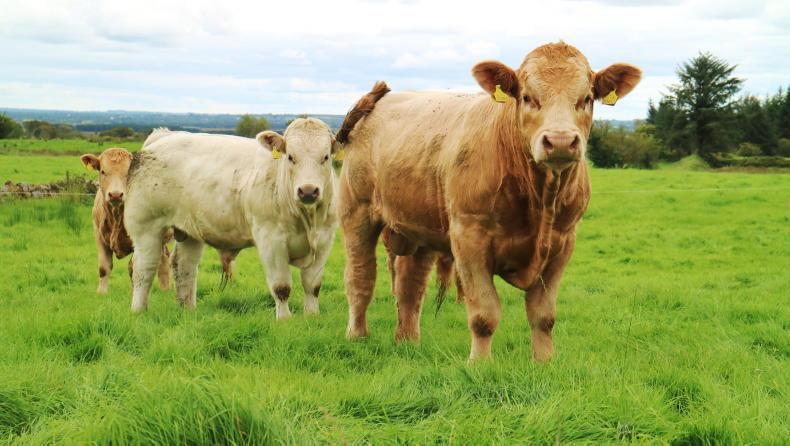

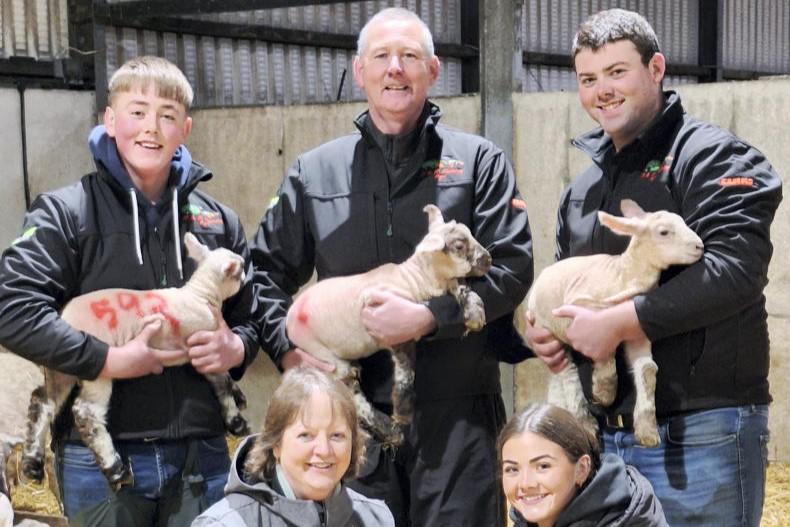

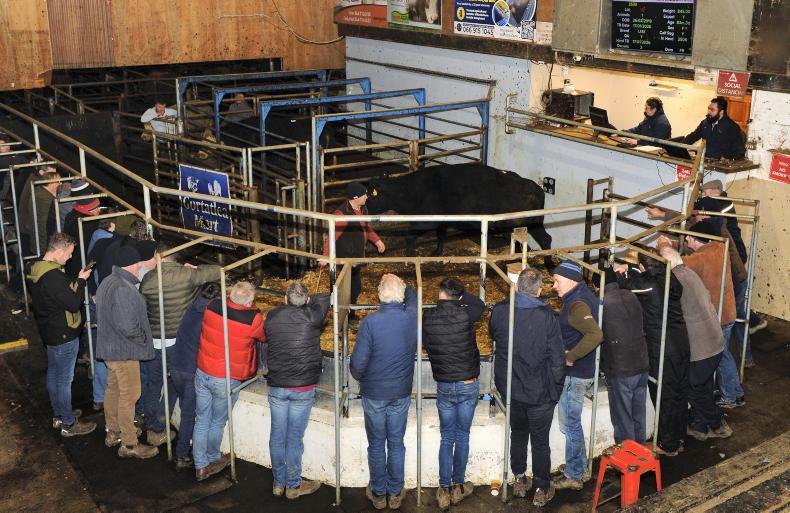
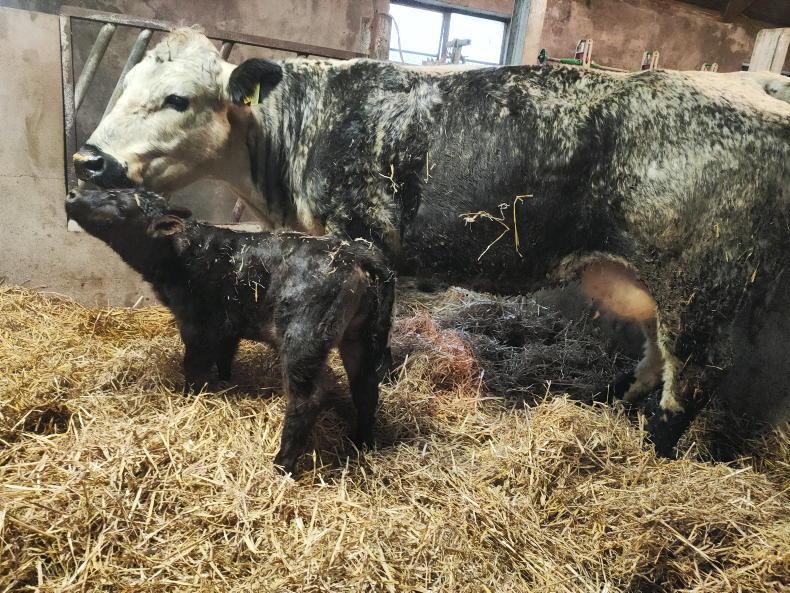
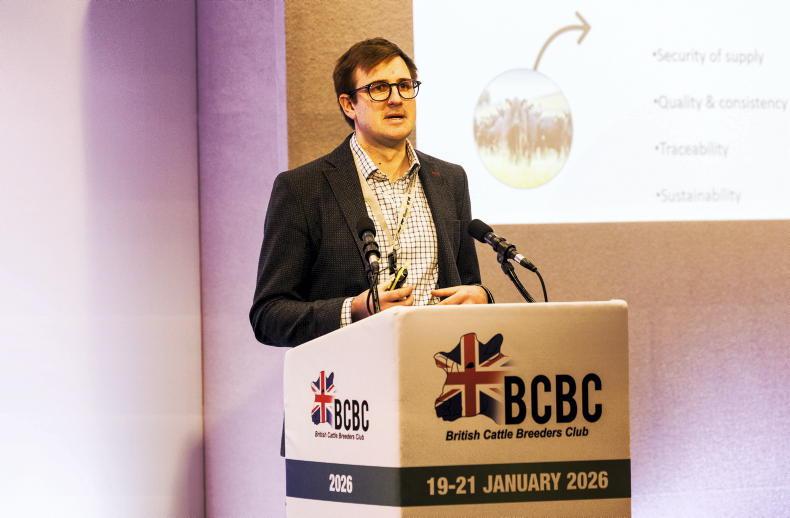
SHARING OPTIONS